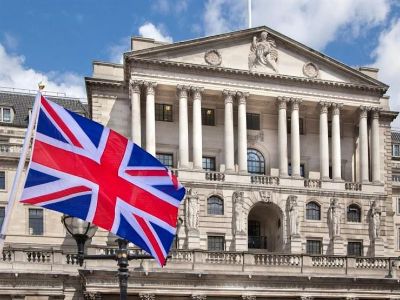
-
Published: 09 August 2022

While inflation is expected to peak (above 13%) in October in the UK, the Bank of England warned last week that Britain's economy would enter its longest recession since the global financial crisis by the fourth quarter of the year in progress.
More importantly, the UK Central Bank does not expect a sharp recovery from recession, and sees GDP remaining at 1.75% below today's levels in mid-2025, CNBC reports.
According to the Danish Investment Bank, "Saxo Bank", political instability, trade turmoil, energy crisis and rising inflation make the United Kingdom "an emerging market country" rather than an advanced
In a research note on Monday, Christopher Dembeck, head of macro-analysis at Saxo Bank, said the UK was "looking more and more like an emerging market country."
The UK's energy price cap is set to rise by another 70% in October, pushing energy bills to more than £3,400 ($4,118) a year and pushing millions of households into poverty, with a further increase to the maximum expected early next year.
At the same time, the country is also battling trade turmoil due to Brexit and bottlenecks linked to the pandemic. Dembeck said the only missing factor from Britain's "emerging market" characterization was the currency crisis, with sterling holding together.
All major indicators are likely to cause the UK economy more pain. For example, new car registrations - often seen as a major indicator of the health of the UK economy - fell from 1.835 million in July 2021 to 1.528 million last month. This is the lowest level since the end of the 1970s, and therefore the recession may be long and deep.
